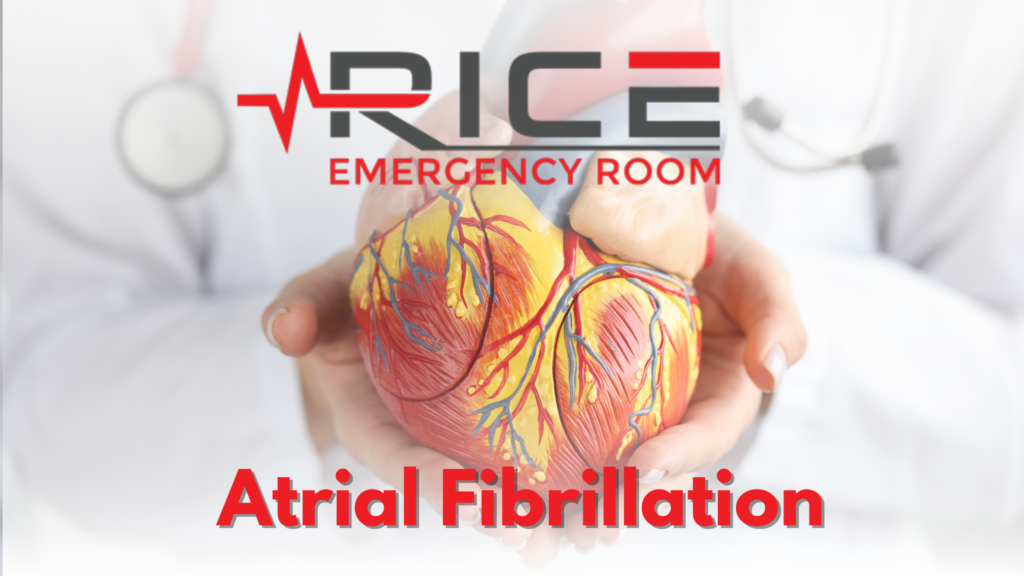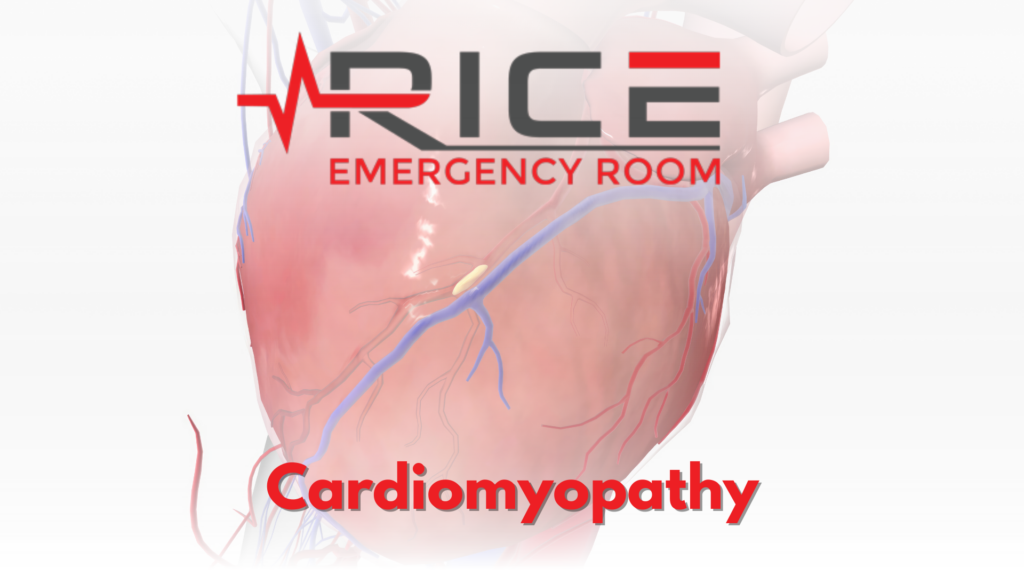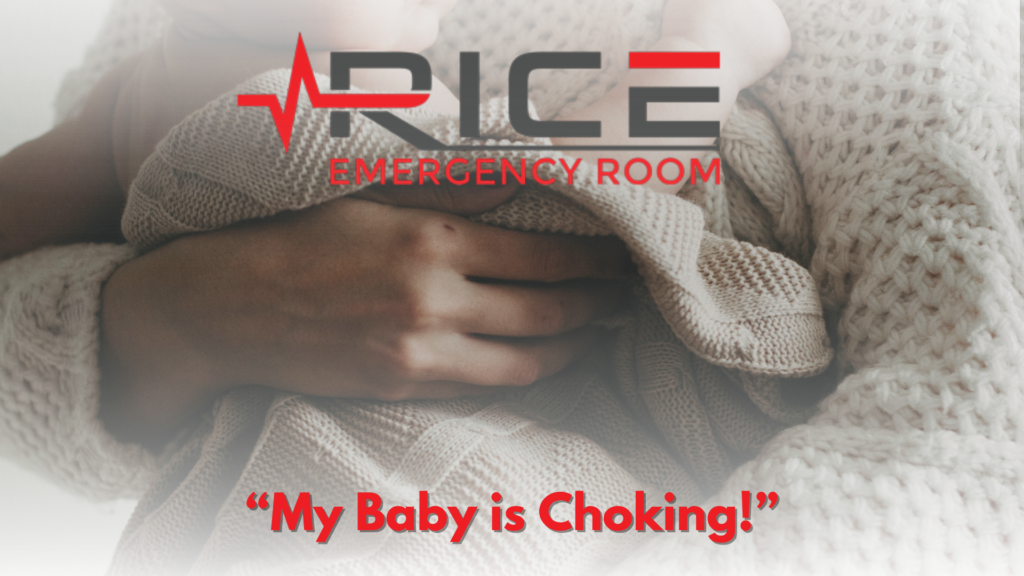Atrial Fibrillation, commonly known as AFib, is a heart condition that affects millions of people worldwide. It is characterized by an irregular and often rapid heartbeat that can lead to various complications, including stroke, heart failure, and other heart-related issues. Understanding AFib, its risk factors, symptoms, and treatment options is crucial for those affected and their loved ones.
What is AFib?
AFib occurs when the heart’s upper chambers (the atria) beat out of sync with the lower chambers (the ventricles). This irregular heartbeat disrupts the normal flow of blood through the heart, leading to potential blood clots, which can cause strokes. The erratic beating of the atria results from abnormal electrical signals in the heart.
There are different types of AFib:
- Paroxysmal AFib: Episodes come and go, usually lasting less than a week.
- Persistent AFib: Episodes last longer than a week and may require treatment.
- Permanent AFib: The condition is ongoing and often requires long-term management.
Who is Affected by AFib?
AFib can affect anyone, but several risk factors increase the likelihood of developing this condition:
- Age: The risk of AFib increases with age, particularly for those over 65.
- Heart Disease: People with existing heart conditions, such as heart failure, coronary artery disease, or valve problems, are at a higher risk.
- High Blood Pressure: Hypertension is a significant risk factor for AFib.
- Other Medical Conditions: Conditions like diabetes, obesity, and thyroid disorders can contribute to the development of AFib.
- Lifestyle Factors: Excessive alcohol consumption, smoking, and lack of physical activity can also increase the risk.
Frequently Asked Questions About AFib
Q: What are the symptoms of AFib?
A: Symptoms of AFib can vary widely. Some people experience palpitations, shortness of breath, fatigue, dizziness, or chest pain. Others may have no noticeable symptoms, making it crucial to undergo regular check-ups if you are at risk.
Q: How is AFib diagnosed?
A: AFib is typically diagnosed through an electrocardiogram (ECG or EKG), which records the electrical activity of your heart. Other tests, such as echocardiograms, stress tests, and Holter monitors, may also be used to assess heart function and detect irregular rhythms.
Q: Can AFib be cured?
A: While AFib is often a chronic condition, it can be managed effectively with medication, lifestyle changes, and sometimes procedures like electrical cardioversion or ablation. In some cases, AFib may be corrected, but ongoing management is usually necessary to prevent recurrence.
Q: What are the treatment options for AFib?
A: Treatment options vary based on the severity and type of AFib. They may include medications to control heart rate and rhythm, anticoagulants to prevent blood clots, and lifestyle modifications. In more severe cases, procedures like catheter ablation or surgery may be recommended.
Q: What complications can arise from untreated AFib?
A: Untreated AFib can lead to serious complications, including stroke, heart failure, and other cardiovascular problems. The irregular heartbeat can cause blood to pool in the heart, increasing the risk of clot formation and subsequent stroke.
Why Choose Rice Emergency Room for Cardiac Emergencies?
At Rice Emergency Room in Rice Village, Houston, we understand the need for urgent care during a cardiac emergency like AFib. Our facility is open 24/7, ensuring that you receive immediate care when it matters most. Unlike traditional hospital emergency rooms, where patients often experience long wait times and share facilities with in-patient populations, Rice Emergency Room offers a more personalized and efficient experience.
Our observation room is designed for comfort and care, providing a space where patients can be closely monitored by a Board Certified Emergency Physician. The room is equipped with high-quality bedding, television, Wi-Fi, meal service, and in-room coffee and beverages, making your stay as comfortable as possible while we conduct continued testing and ensure your safety.
At Rice Emergency Room, we do not perform surgeries or elective procedures, allowing us to focus solely on emergency medical care. This specialization means you won’t have to compete for attention with non-emergency cases, making us a better option for urgent cardiac care.
Visit Us
If you or a loved one are experiencing symptoms of AFib or any cardiac emergency, don’t wait. Visit Rice Emergency Room at 2500 Rice Blvd., Houston 77005, where our team is ready to provide the immediate, expert care you need.
References
- “Atrial Fibrillation (AFib) – Symptoms and Causes.” Mayo Clinic, Mayo Foundation for Medical Education and Research, 17 Mar. 2023, www.mayoclinic.org/diseases-conditions/atrial-fibrillation/symptoms-causes/syc-20350624.
- “Atrial Fibrillation: Overview.” American Heart Association, 15 Feb. 2023, www.heart.org/en/health-topics/atrial-fibrillation.
- “Atrial Fibrillation – What You Need to Know.” Cleveland Clinic, Cleveland Clinic, 1 Jan. 2024, my.clevelandclinic.org/health/diseases/16749-atrial-fibrillation.
- “Understanding AFib: Risk Factors and Prevention.” Centers for Disease Control and Prevention, CDC, 25 Apr. 2023, www.cdc.gov/heartdisease/atrial_fibrillation.htm.
- “Atrial Fibrillation (AFib): Causes, Symptoms, and Treatment.” WebMD, WebMD LLC, 8 Feb. 2024, www.webmd.com/heart-disease/atrial-fibrillation/understanding-atrial-fibrillation-basics.




